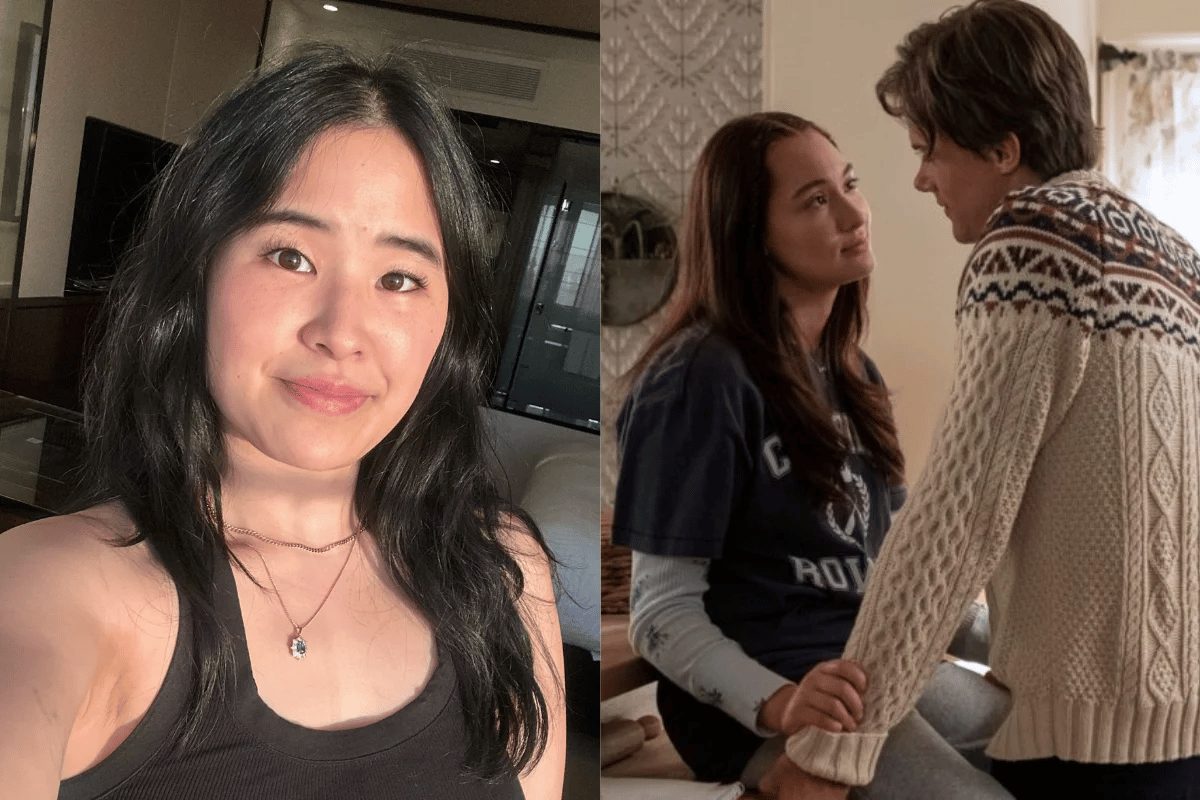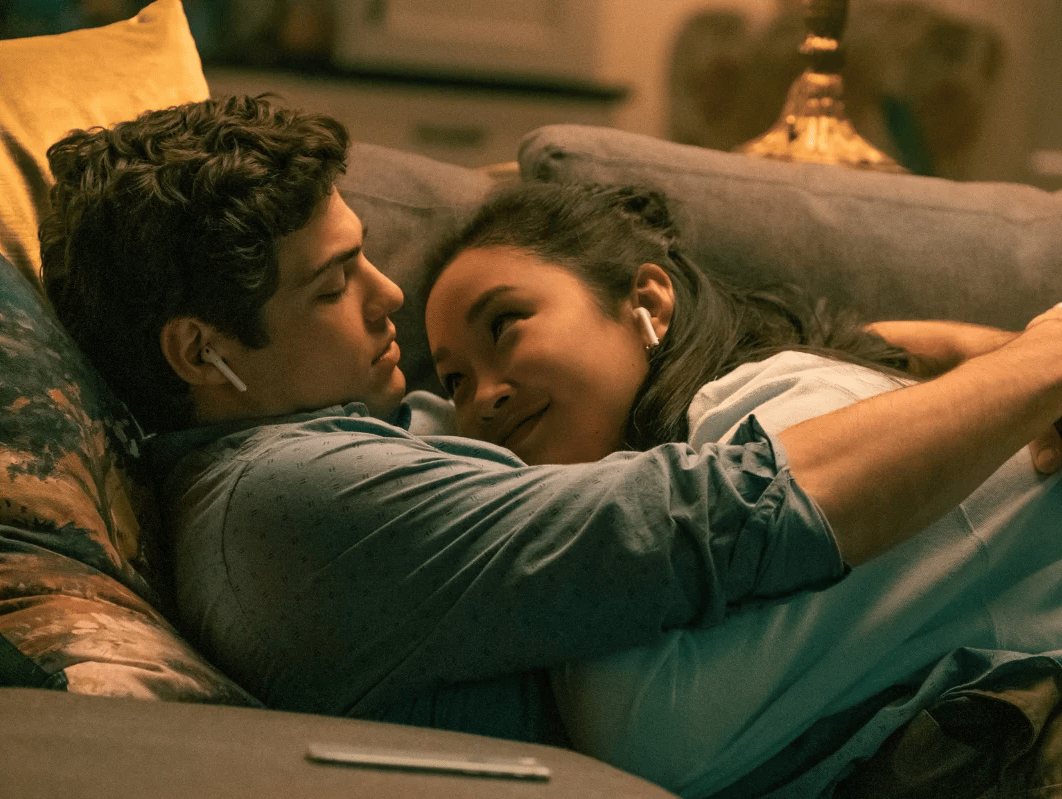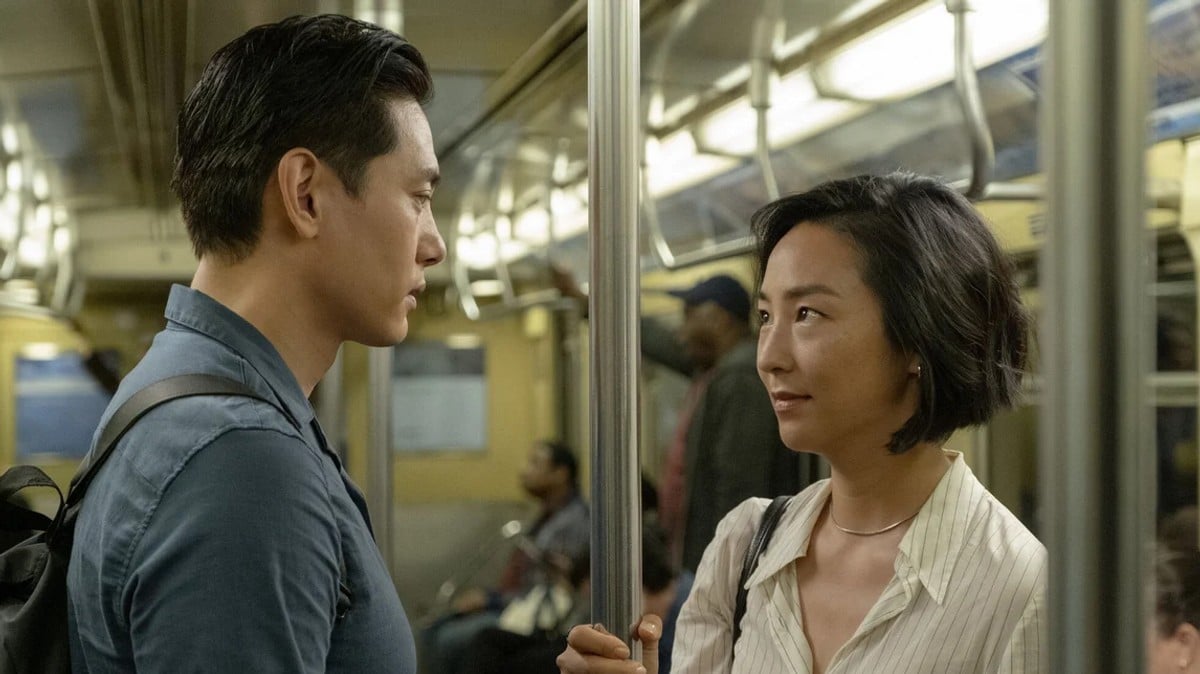
There are certain moments that stick with you forever — those core memories that feel so vivid, you can transport yourself back to exactly where you were when they happened. For me, one of those moments was watching To All The Boys I've Loved Before for the first time.
I remember the day it dropped. The anticipation. The excitement of finally seeing an Asian female lead in a massive Netflix rom-com. After years of watching romantic comedies where I never saw myself reflected on screen, here was Lara Jean Song Covey — awkward, dreamy, and utterly relatable — front and centre of her own love story.
Fast-forward to now, and Jenny Han has done it again with Prime's The Summer I Turned Pretty, which just dropped its highly anticipated third season. Watching Belly navigate her own complicated love story feels like coming full circle — a chance to see mixed-race representation on our screens, proving that the impact of To All The Boys was just the beginning.
Watch the trailer for The Summer I Turned Pretty season 3. Article continues after video.
Jenny Han's books were truly the beginning of this shift. To All The Boys I've Loved Before was first published in 2014, and seeing an Asian girl on the cover was absolutely huge. It was a quiet revolution happening in YA literature — one that would eventually explode onto our screens and change everything.

































































































